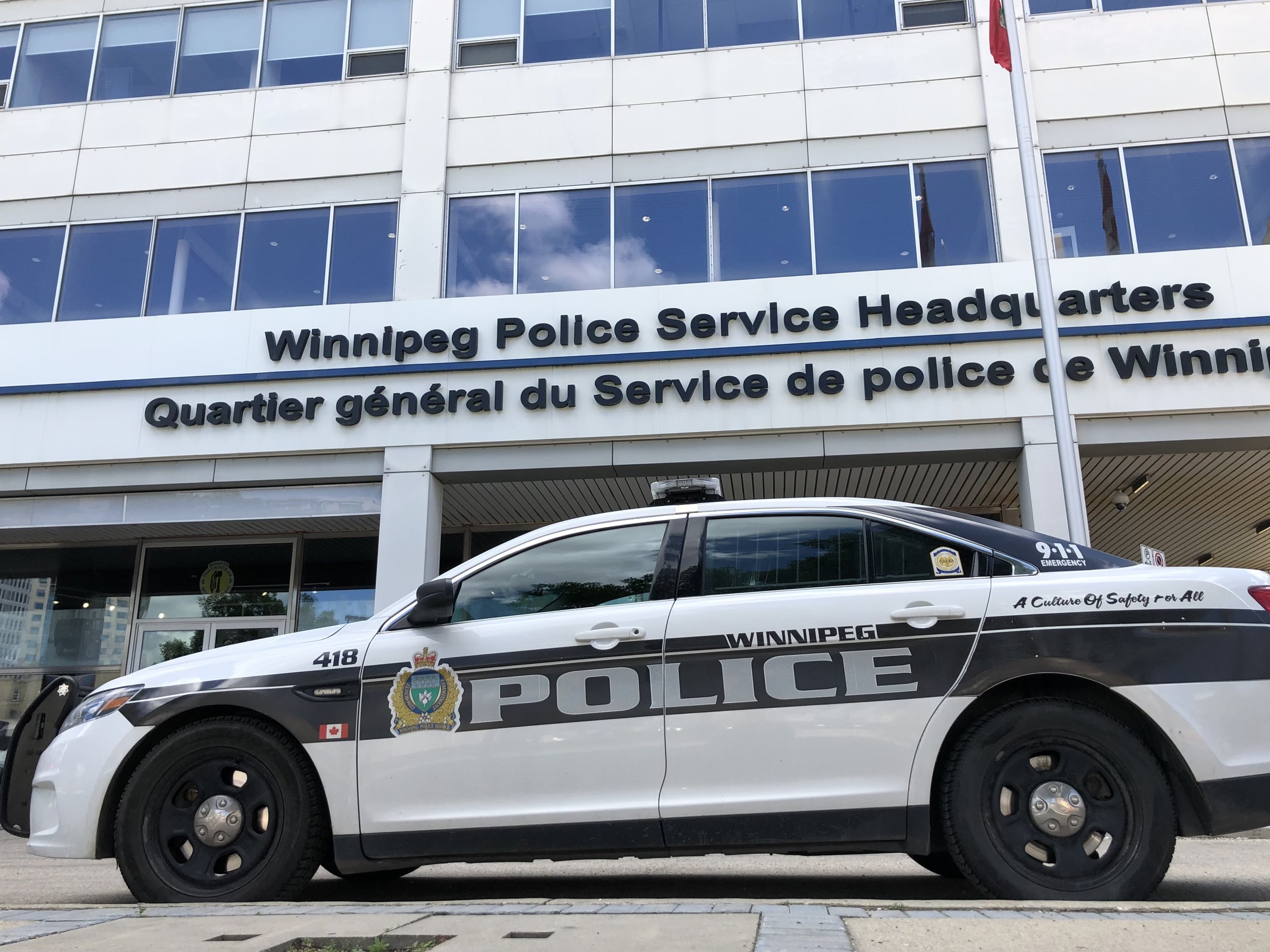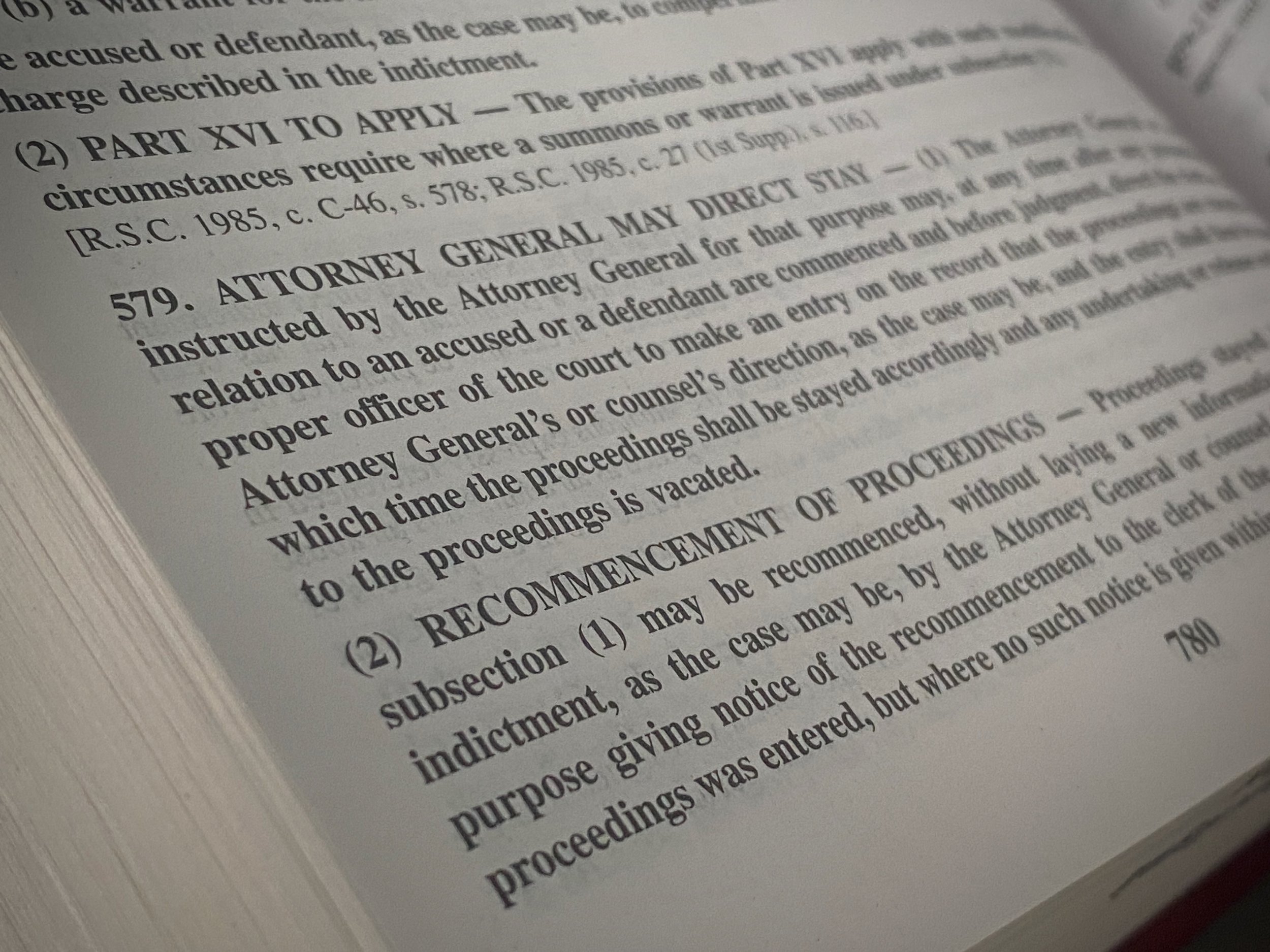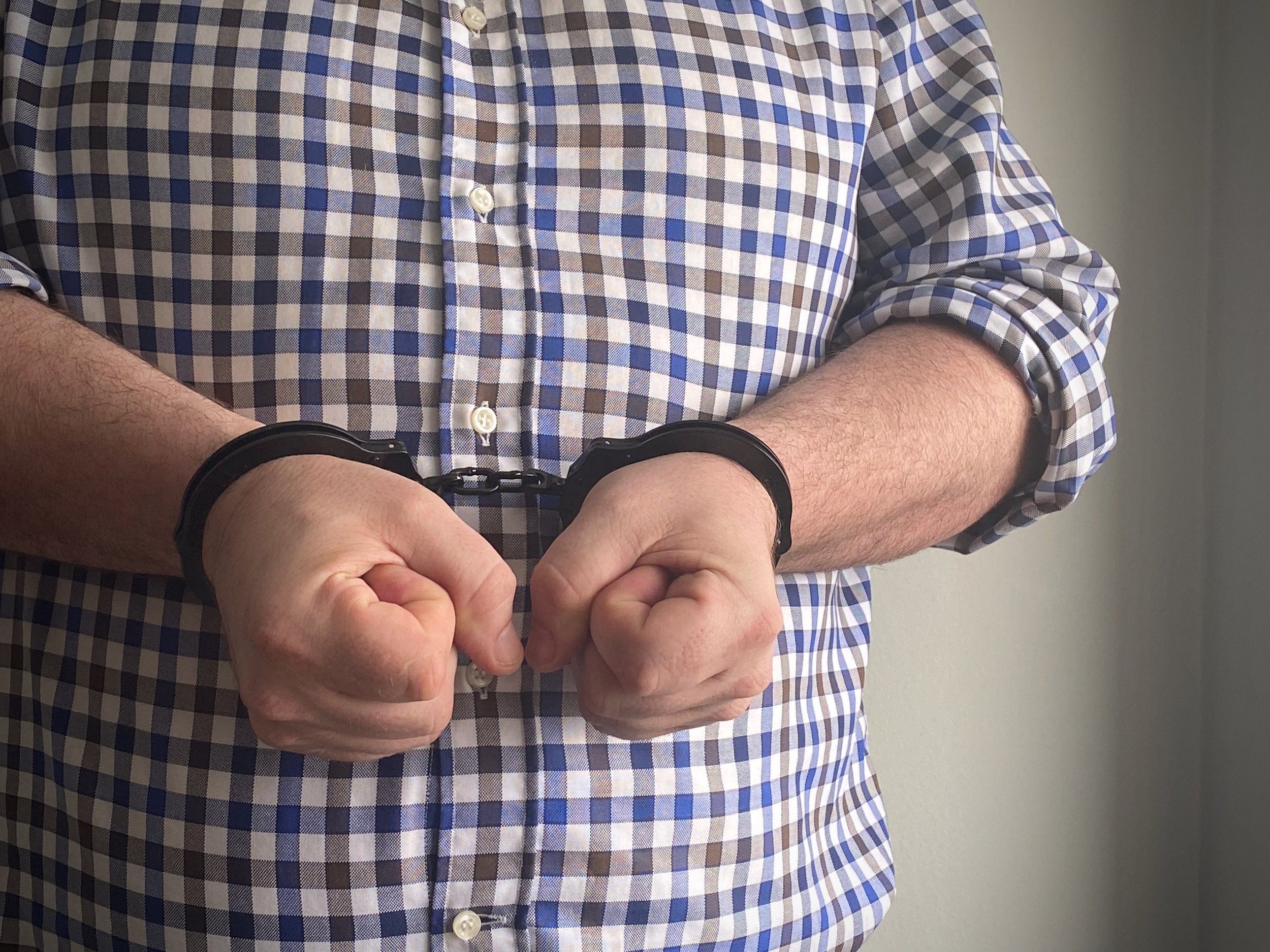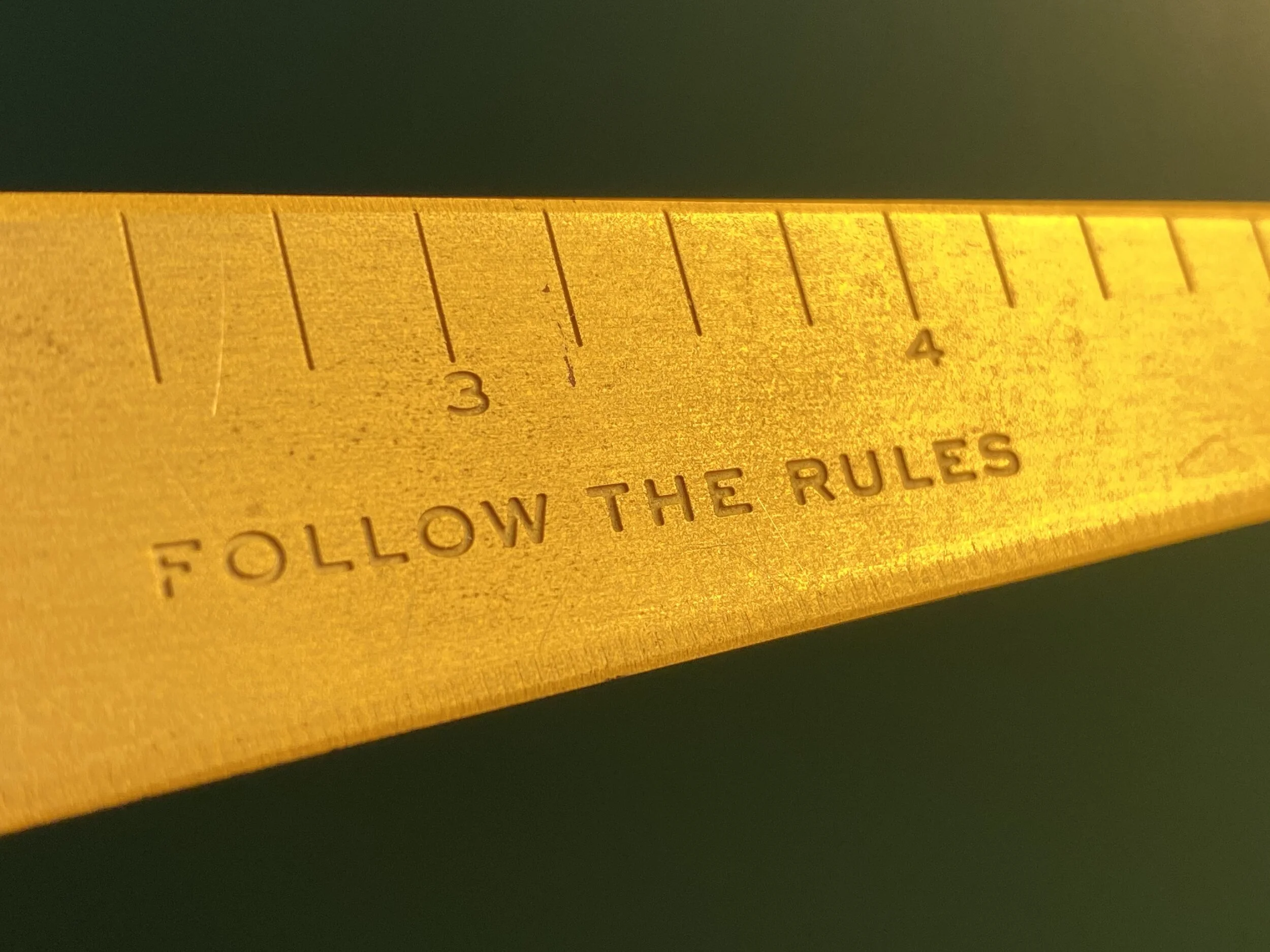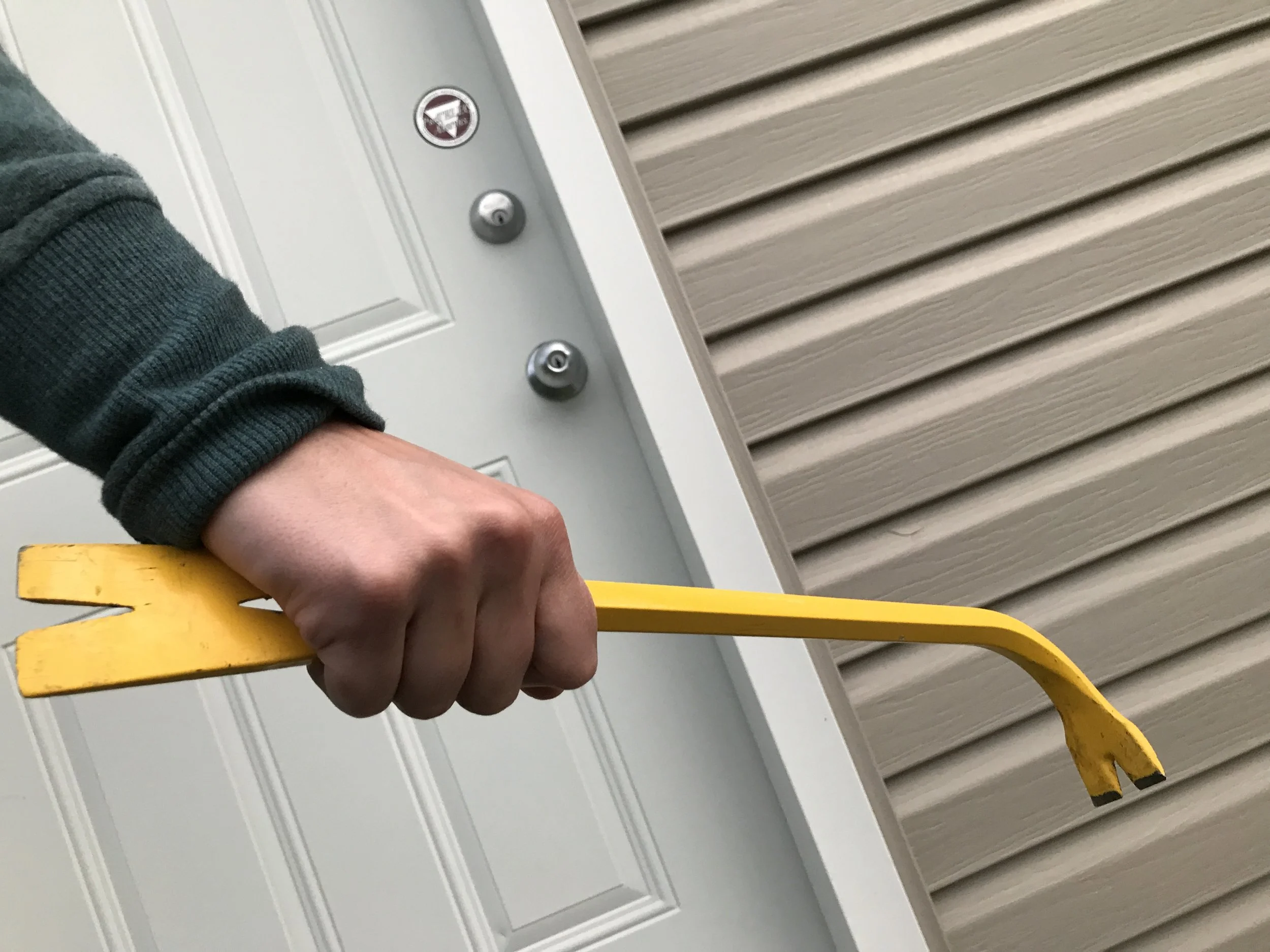What happens if charges are dropped before court?
Can assault charges be dropped in Canada?
In order to answer these questions, we need to start with a quick lesson about how it works for the police to lay a charge. Typically, when the police decide to arrest someone for a criminal offence, like a domestic assault charge, the police officer will start by going over the person’s rights with them from the Charter of Rights and Freedoms (it is usually just called the Charter). The officer will tell the person:
Why the person is being arrested
About their right to speak to a lawyer
Provide a police caution or a police warning about the right to silence
At that moment in time, when the officer is going over these Charter rights, the person is under arrest but has not been officially charged with a criminal offence yet. In order for a charge to be laid (or begin), police officers have to prepare a special type of document called “an Information” and then swear under oath with a court official that they believe the person committed a crime. If the police officer releases you at the same location where you were arrested, the officer, clearly, has not had the time or ability to swear under oath with a court official. So, in those cases, the police officers will complete the paperwork and swear the Information at some point between the date of arrest and the first court date. If you remain in custody with the police at the police station or at a remand centre (like the Winnipeg Remand Centre), then the police typically sweat the Information right away. Once the Information has been sworn, that is the moment in time that a charge is laid.
It is possible that the police may arrest someone, give them paperwork with a first court date, and then decide to not swear an Information or proceed with a criminal charge. If this happens, there is no charge that needs to be dropped because no charge was ever laid. However, this is quite rare and, in my estimate, happens in less than 1% of of all criminal cases.
There can also be cases where the police swear an Information and then the Crown Attorney reviews the file and determines the charges should be dropped. In Manitoba, the normal process is the Crown Attorney will enter a Stay of Proceedings (SOP). This can be done by the Crown Attorney submitting the necessary paperwork to the court office. This is different than withdrawing or dismissing a charge, as the prosecutor could decide to re-lay the charge and re-start the case within 1 year, but that is exceptionally rare.
So, it is possible for a charge to be dropped (or for a charge to not even be laid) prior to a first court appearance? The answer is yes, but it is pretty uncommon. Once a charge is dropped (or it is confirmed that the police will not swear an Information), then the release conditions that you have on an Undertaking, Recognizance, or Release Order for that charge are no longer in effect. For example, if there was a no contact order, then that condition would no longer apply. In order to ensure that you do not break your release conditions by accident, it is important to talk to your lawyer for confirmation before you do anything that was listed as a condition on a release order.
Just because a charge isn’t dropped on or before the first court date, it does not mean that the case is definitely going to have to end with a guilty plea or a trial. My job as a criminal defence lawyer is to advocate for my client and, if possible, persuade the Crown Attorney to not proceed on the charge and enter a Stay of Proceedings. Over my career, I have handled hundreds of cases involving domestic assault.
Can the victim drop assault charges in Canada?
Can assault charges be dropped by the victim in Manitoba?
Can complainant drop charges?
Often, the words “victim” and “complainant” are used interchangeably. I prefer to use the word complainant until the accused person has plead guilty or been found guilty after a trial.
In many cases, my clients think that the complainant has the power to drop criminal charges. This is because we watch a lot of American TV shows and movies which show a complainant being able to make a decision with the police officers if a charge should be laid or not. However, that is not the case in Canada. Here, it is up to police officers to decide if a person should be arrested and charged. (But, it is true in some cases that a Crown Attorney in Manitoba will review the information the police gathered and tell them not to proceed with laying a charge.) So, a complainant cannot decide if a person should be charged or not, that decision is up to the police. In Manitoba, there is a zero tolerance policy for domestic violence charges, so even if a complainant is uncooperative with police and says that they do not want a charge, the police must proceed with an arrest.
After a charge is laid, then it is up to the prosecutor, also known as a Crown Attorney, to decide if the charge should proceed or be dropped. If the Crown Attorney thinks the charge should proceed, then it is up to an accused person to decide if they want to plead guilty or set a trial date. If the Crown Attorney in Manitoba thinks the charge should not proceed, then a Stay of Proceedings (SOP) is entered and the charge is dropped.
So, does that mean that whatever the complainant thinks or wants to see happen will have no impact on the case? Because, after all, it is up to the police and the Crown Attorney to decide what happens in the case. That is not really how it works either. Complainants can provide their input to Victim Services, which is another provincial government agency. Victim Services then forwards information to the assigned Crown Attorney who will evaluate the case and determine how to proceed. Victim Services often wants to know:
whether the complainant was telling the police the truth or not when they provided a statement to the police,
whether or not there is a history of reported or unreported criminal offences,
whether the complainant is afraid of the accused or wants to resume contact with the accused, and
whether the complainant wants to cooperate with the prosecution by coming to court to testify (if necessary) or if the complainant will be uncooperative with the justice system process.
So, the ultimate decision to proceed with a charge or not remains with the Crown Attorney. This is one reason why many people want to hire a criminal defence lawyer to help them with their case because it may be possible for your lawyer to persuade the Crown Attorney to enter a Stay of Proceedings in your case.
It is important to highlight that an accused person should never communicate with a complainant or a witness to try and get charges dropped. In most cases, there is already a no contact order between the accused and any complainants or witnesses. So, it would be a crime for the accused to say “hello” to a person who is listed on the no contact order, never-mind discussions about the case itself. Many people would refer to this as witness tampering, but the criminal offence for this is called obstruction of justice and it is at section 139(2) of the Criminal Code:
139(2)
Every person who intentionally attempts in any manner other than a manner described in subsection (1) to obstruct, pervert or defeat the course of justice is guilty of
(a) an indictable offence and liable to imprisonment for a term of not more than 10 years; or
(b) an offence punishable on summary conviction.139(3)
Without restricting the generality of subsection (2), every one shall be deemed wilfully to attempt to obstruct, pervert or defeat the course of justice who in a judicial proceeding, existing or proposed,
(a) dissuades or attempts to dissuade a person by threats, bribes or other corrupt means from giving evidence;
(b) influences or attempts to influence by threats, bribes or other corrupt means a person in his conduct as a juror; or
(c) accepts or obtains, agrees to accept or attempts to obtain a bribe or other corrupt consideration to abstain from giving evidence, or to do or to refrain from doing anything as a juror.
In my experience, most people who are convicted for obstruction of justice receive a jail sentence and it is an offence that Judges take pretty seriously. So, an accused person should NOT tell a complainant to go to Victim Services or to try and get the charges dropped. A complainant should make whatever decision they want without any help, encouragement, or influence from the accused person. The right and best thing to do is to work with a criminal defence lawyer to deal with the charges.
Can I take my statement back from police?
What happens after you give a statement to the police?
Can I withdraw my statement in a domestic violence case?
Statements with police officers come in a few different forms:
Informal statement. A person can say things to the police officer, who then makes notes in a notebook about what was said. Sometimes, the officer may ask the person to sign the notebook to confirm the officer recorded the notes accurately.
Formal written statement. These are fairly common in domestic violence cases. A police officer asks the person questions and then writes down the replies. At the end, the person can review what the officer wrote to ensure it was recorded accurately and then the person signs at the bottom of the page.
Formal audio statement. In some cases, more often with police officers in rural settings, an officer may have an audio recording device and will ask the person question and record the replies. An audio file is then created and shared with the Crown Attorney and the accused.
Formal audio/visual statement. The person goes with the police officer to a police station where the police can use cameras and microphones to record what the person says and how they say it. An video file is then created and shared with the Crown Attorney and the accused.
Formal audio/visual statement under oath. This is the same as a formal audio/visual statement, except the statement is made under oath, just like how a person would testify under oath in front of a Judge at a trial. A police officer who is also appointed as a Commissioner for Oaths would ask the person if they want to affirm their evidence or swear on a Bible. Then, if the person says something different later in court under oath, they could be charged with perjury for lying under oath.
If a person makes a statement with a police officer and describes how someone else committed a criminal offence, but then later admits that what they told the police was a lie, the person could be charged with a criminal offence called public mischief, under section 140(1) of the Criminal Code:
Every one commits public mischief who, with intent to mislead, causes a peace officer to enter on or continue an investigation by
(a) making a false statement that accuses some other person of having committed an offence;
(b) doing anything intended to cause some other person to be suspected of having committed an offence that the other person has not committed, or to divert suspicion from himself;
(c) reporting that an offence has been committed when it has not been committed; or
(d) reporting or in any other way making it known or causing it to be made known that he or some other person has died when he or that other person has not died.
This is both a good thing and a bad thing. This is a good thing because it is illegal to report a false crime. As a society, we should be discouraging people from going to the police and making a false police report just to get someone else in trouble. However, this can be a bad thing because in cases where people have already lied and made a false police report, they may not be keen to come forward now and admit they lied in their police statement, because they could then be charged with public mischief. Most people want to avoid being charged with a criminal offence, so some people may not come forward and admit they lied to the police because they are worried about what could happen to them.
My role as a criminal defence lawyer is not to assist a witness, complainant, or victim in criminal cases. I cannot help someone recant a statement they made to the police. My role is to assist my client, the person who has been charged with an offence. The best thing for a person to do if they’ve been charged with a criminal offence is to contact me so we can start working on the case together.
Related articles
About the author
Michael Dyck is a partner at Rees Dyck Rogala Law Offices. He represents clients primarily from Winnipeg, Steinbach, and rural Manitoba. He has extensive experience helping people charged with criminal offences and focuses on building legal strategy with clients.
